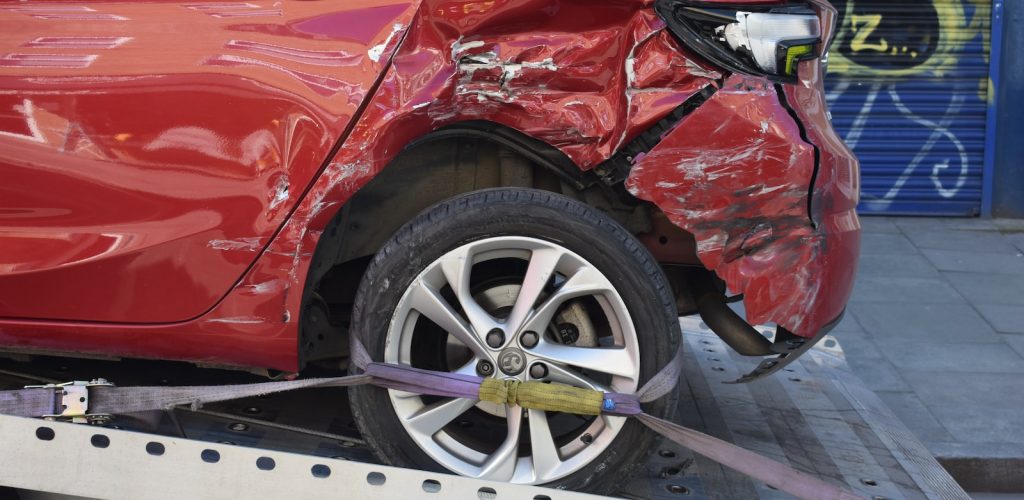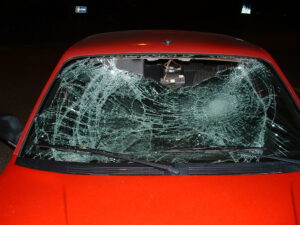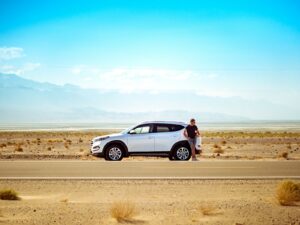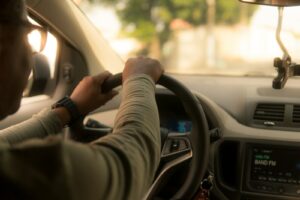Vehicle insurance usually follows the vehicle rather than the driver. However, based on the coverage of your policy, your insurance company could be obligated to pay the claim if you let another person drive your vehicle and they are involved in an accident. The claim would subsequently appear on your insurance history and potentially have an impact on future auto insurance prices.
However, when deciding whose auto insurance will be used if another person drives your vehicle and is involved in an accident, a variety of circumstances may be at play.
Who and What Is Covered by My Auto Insurance?
In most American states, your auto insurance is the primary insurance used if someone else is involved in an accident while driving your car. This means your insurance will cover the driver’s injuries or car damage.
If another person driving your car causes an accident, your insurance may help in the following ways:
- Auto Liability Coverage: May compensate for damage to someone else’s car or their medical costs. It will not cover the medical fees of the individual driving your car or repairs to your car.
- Collision Coverage: May pay for your car’s repairs. However, before insurance pays, you must pay your deductible.
- Medical Payments Coverage: Helps pay the driver’s medical claims if they cause an accident.
There are exceptions that you should be aware of. Some insurers will not cover in-house relatives unless they are mentioned in your policy, while others may offer only limited coverage. If the collision is not your fault, your insurance may not be affected. The at-fault driver’s insurance may cover your friend’s injuries and automobile repairs. State rules differ, so check your policy to determine what is covered.
Permissive vs Non-Permissive Usage
The terms permissive and non-permissive use refer to situations in which your insurance may or may not cover an accident caused by someone else driving your car.
Most auto insurance policies cover certain drivers or anyone you let drive your car. This means your insurer will probably cover another motorist in an accident if they get your approval. Several states decrease coverage if another party drives your car. If a friend or relative uses your vehicle without your permission, you may not be responsible for damage. If your car is stolen and taken on a joyride that results in an accident, you will not be responsible for damages. However, to fund car repairs, you may need to file a claim with your insurance.
Check the policy terms and conditions or speak to your agent to understand your state’s coverage.
What About Their Insurance?
If your insurance covers a permissive driver’s accident in your automobile, there may be restrictions. These may include if the accident caused serious injuries or damage and the claim cost exceeded your policy limits.
When this happens, it is likely the driver’s insurance will pay the remaining expenses. However this only applies if they have an active auto insurance policy of their own. Even if your policy limits cover a claim, your insurance company may try to get payment from the driver’s insurance. Your insurance company may pay the whole accident claim, then seek reimbursement from your friend’s insurer.
Your policy terms, coverages, and state regulations will determine this.





